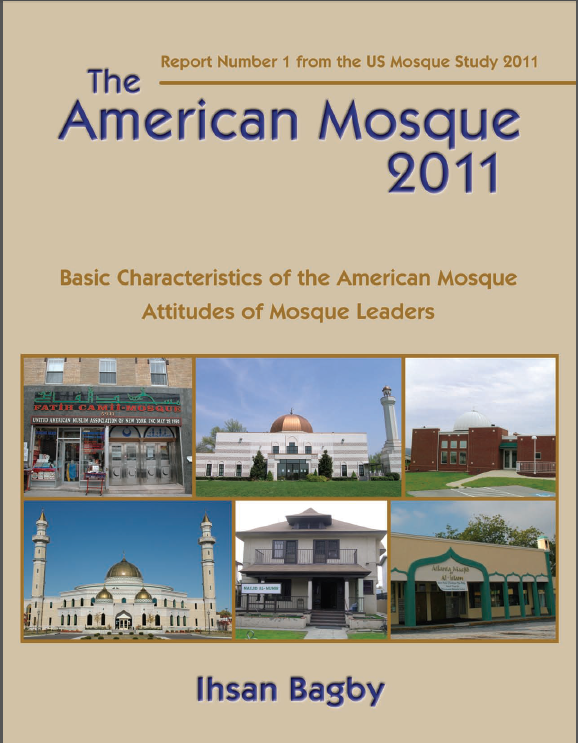(*WASHINGTON, D.C., 2/29/12*) — A comprehensive study of mosques and
the attitudes of mosque leaders in the United States released today
indicates that the number of American mosques increased 74 percent since
2000 and that Islamic houses of worship are ethnically-diverse
institutions led by officials who advocate positive civic engagement.
A coalition of major American Muslim and academic organizations released
the report, titled “The American Mosque 2011: Basic Characteristics of
the American Mosque, Attitudes of Mosque Leaders,”
at a news conference this morning at the National Press Club in
Washington, D.C.
The report is the first part of the larger U.S. Mosque Survey 2011 to be
published. To conduct the survey, researchers counted all mosques in
America and then conducted telephone interviews with a sample of mosque
leaders. (The study has a margin of error of plus or minus 5 percent.)
The report’s major findings include:
* *The number of mosques and mosque participants continues to show
significant growth*, from 1,209 mosques in 2000 to 2,106 in 2011.
New York and California have the largest number of mosques.
Seventy-six percent of mosques were established since 1980.
* *Mosque leaders overwhelmingly endorse Muslim involvement in
American society*. More than 98 percent of mosque leaders agree
that Muslims should be involved in American institutions and 91
percent agree that Muslims should be involved in politics.
* *The vast majority of mosque leaders do not feel that American
society is hostile to Islam. *
* *The majority of mosque leaders (56 percent) adopt a flexible
approach to interpretation of Quran and Sunnah* (the normative
practice of Islam’s Prophet Muhammad) that takes into account the
overall purposes of Islamic law and modern circumstances.
* *The vast majority (87 percent) of mosque leaders disagree that
“radicalism” is increasing among Muslim youth*. Many mosque
leaders say the real challenge for them is not radicalism and
extremism among the youth, but how to attract and keep them close
to the mosque.
* *Mosques remain an extremely diverse religious institution*. Only
a tiny minority of mosques (3 percent) have just one ethnic group
that attends that mosque. South Asians, Arab-Americans and
African-Americans remain the dominant ethnic groups, but
significant numbers of Somalis, West Africans and Iraqis now
worship at mosques nationwide.
* *The number of mosques in urban areas is decreasing, while the
number of mosques in suburban areas is increasing*. In 2011, 28
percent of mosques were located in suburbs, up from 16 percent in
2000.
* * The conversion rate per mosque has remained steady over the past
two decades*. In 2011, the average number of converts per mosque
was 15.3. In 2000 the average was 16.3 converts per mosque.
* *Shia mosques are also expanding in number*. Some 44 percent of
all Shia mosques were established in the 1990s.






